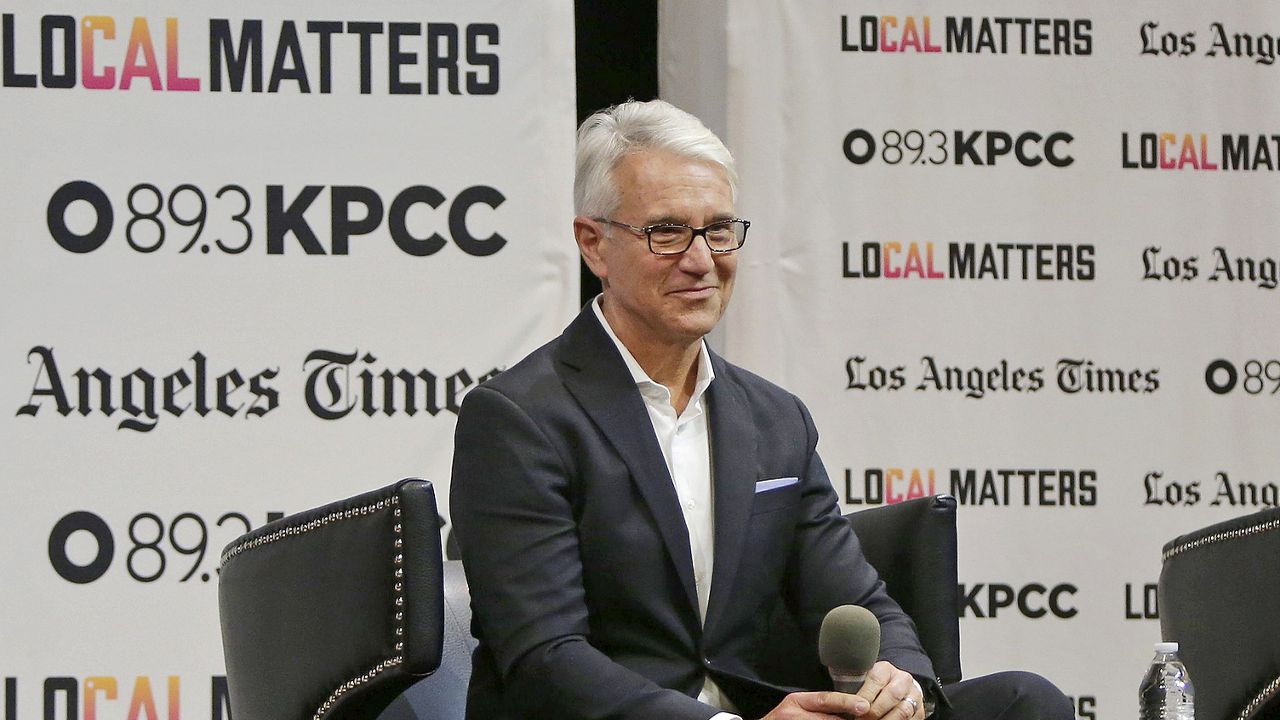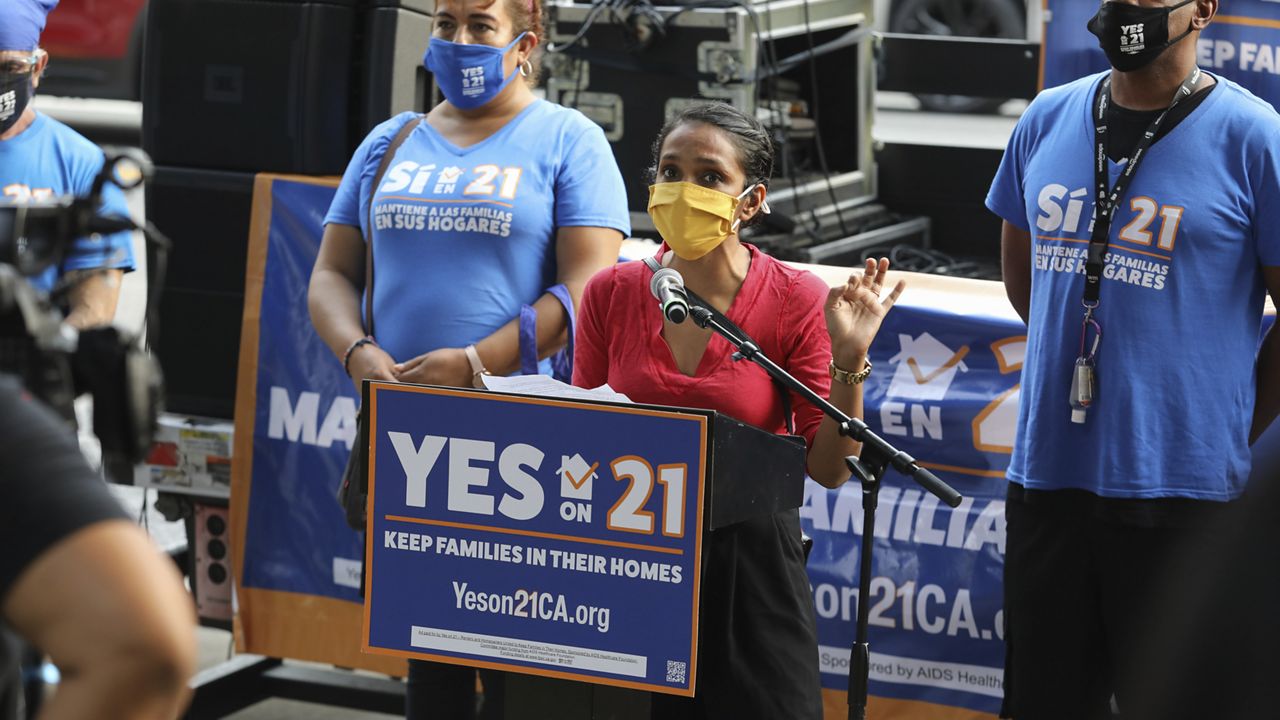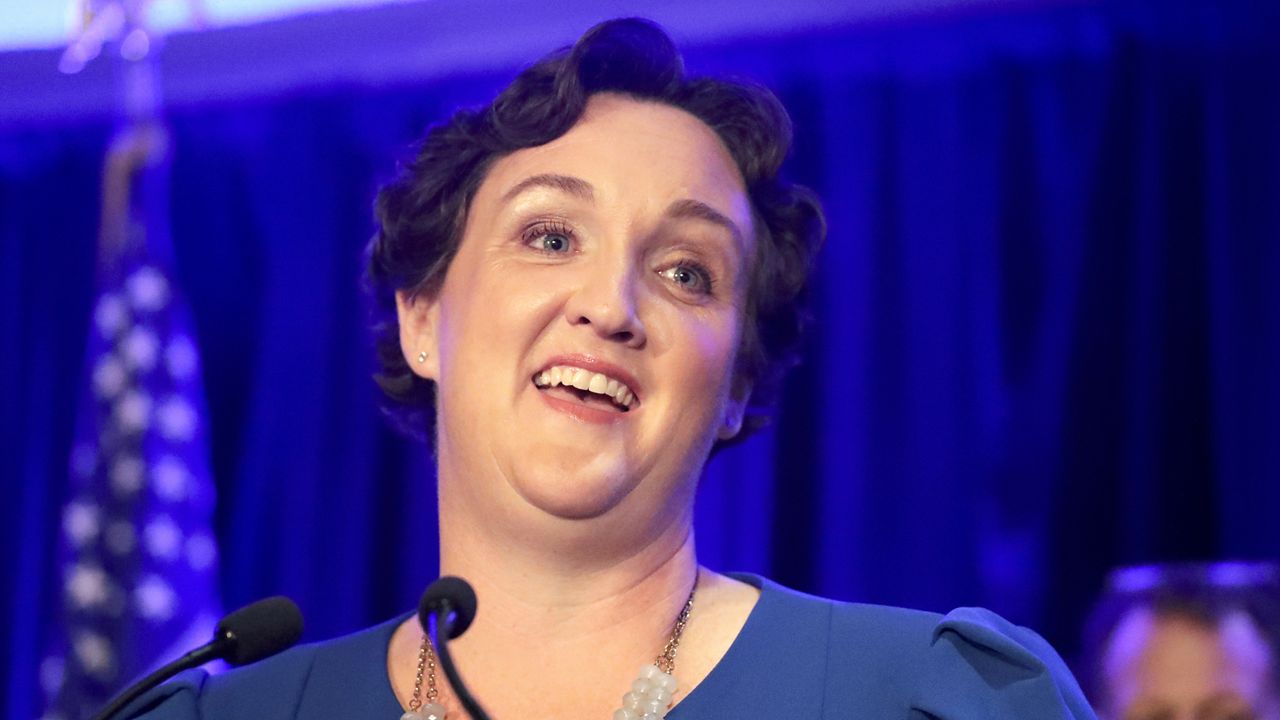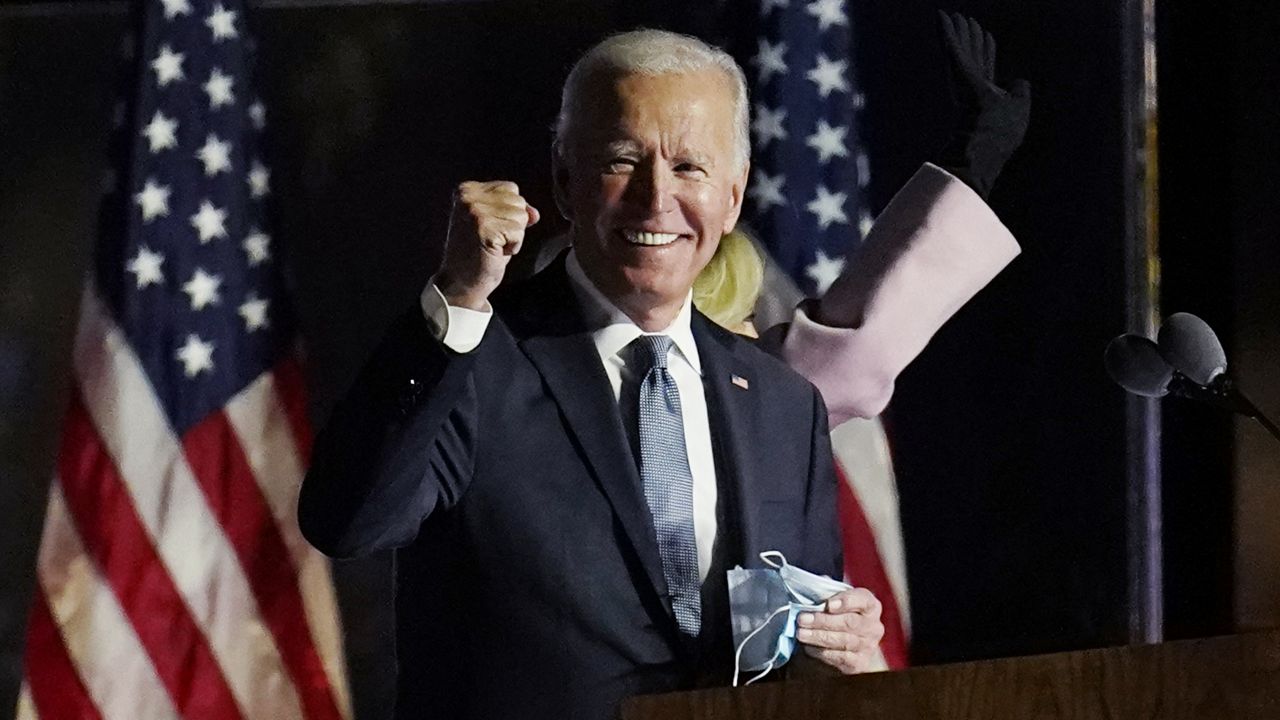Eric Early (R) is running against incumbent Congressman Adam Schiff (D) to represent California’s 28th District. Rep. Schiff has held the office since 2013.
Early ran for attorney general in 2018 against Xavier Becerra, Steven Bailey, and Dave Jones. He received 943,071 votes in the primary election, but that wasn't enough to qualify him for the general election.
“Nobody knew me politically at that time, and I campaigned up and down the state. I met many great people, and I got almost one million votes statewide. It was an incredible experience. I met so many great people,” Early said.
In March, Early beat several other candidates in the primary election for CA28. Early and Schiff advanced to the general election this November. Early got about 23,000 votes, or 12.6 percent, and Schiff got more than 110,000 votes, or 59.6 percent, according to Ballotpedia. Early has been endorsed by the L.A. County Republican Party and the California State Republican Party.
“I live in the 28th District here, and I would watch the Sunday morning shows, and I’d watch Mr. Schiff get on TV and talk to all of us about how President Trump, he had evidence, Schiff had evidence that the President colluded with Russians to get elected, and you know I don’t have access to classified intelligence, but I knew from the get-go that Mr. Schiff was lying to me and lying to America. And frankly I took that personally. I didn’t like it,” Early said. “And also for a long time now I’ve believed that we’re really in an internal battle in our nation. I believe it’s a battle of good versus evil quite frankly. So I spoke to my family, I spoke to the political folks I knew, and I jumped in the race.”
In Special Counsel Robert S. Mueller, III’s 448-page document titled, “Report On The Investigation Into Russian Interference In The 2016 Presidential Election,” he wrote that while "the Russian government interfered in the 2016 presidential election in sweeping and systematic fashion," the investigation “did not establish that members of the Trump Campaign conspired or coordinated with the Russian government in its election interference activities.”
One of the biggest issues for Early is homelessness, which he calls an “epidemic” and a “terrible human tragedy.” According to the Los Angeles Homeless Service Authority, there are currently more than 66,000 unhoused people in L.A. County.
Early doesn’t believe taxing Angelenos through Measure HHH has worked. In fact, he said it has “failed miserably.” In an interview with Inside the Issues, L.A. City Controller Ron Galperin said only 179 supportive units and 49 other units have been built so far using Measure HHH dollars. Galperin called the process "slow" and "expensive."
"Unfortunately most of these people are severely mentally ill. You could give them the keys to their own condo, and they can’t take care of themselves. So my plan is as follows, and of course I would have to meet with experts and everything to work this out in more detail. But first of all, from D.C., I will do whatever I can to work on rebuilding our nation’s mental healthcare system from the ground up. It doesn’t exist. It was decimated starting in the 1960s when hundreds of thousands of people with severe mental illness were let out on the streets,” Early said. “They were supposed to be… the plan was to have local community-based clinics and then these people would also get tons of medication from big pharma. The whole thing has been a complete failure. We need a national mental healthcare system.”
Early envisions this mental healthcare system as a public-private partnership.
“We need private money coming in for that because as everybody knows, the government, federal and state, is essentially broke. Statewide, we have huge, huge swaths of vacant federal and state land, many of them have abandoned structures on them, all around the state of California. From my position in federal government, I would want to work with whatever state officials would work with me. We have to take those properties, we have to do what we can to spruce up the abandoned buildings, structures on these properties. It doesn’t need to be beautiful, but folks need a roof over their head, they need heat to the extent necessary and probably will be necessary,” Early said.
Early understands that some people might exercise their right to refuse to be moved from the street into a housing unit.
“We’ve got a body of law that we’ve got to work around that says that if somebody can’t find housing, it’s their right if they want to live on the street. And so I’ve studied other states, other jurisdictions, that have had to work around that exact same body of law. In Utah for example, they have something called Project Rio Grande. I won’t go into the details, but they were able to unshackle law enforcement, order law enforcement, give law enforcement the instructions to immediately state removing the homeless off the streets. And sometimes it’s against their will—in fact, many times it will be against their will. But there’s a way that they work within the existing body of law to do that and to get them into the kind of structures and housing that I’m talking about. At base, this has to start with a Congressman who actually cares about this stuff,” Early said.
Before he was a managing partner at Early Sullivan Wright Gizer & McRae LLP, Early was the post-production supervisor on the Transformers franchise and also om the G.I. Joe, My Little Pony, and Jem and the Holograms series.
“I wrote a couple Jem and the Holograms and a couple G.I. Joes, did not write a My Little Pony, but for the past 27 years I’ve been a practicing attorney,” Early said. “I started out at a great law firm in Century City—one of the most prominent in the country, frankly—as a business litigator. And 10 years ago, myself and four colleagues left. We now have, our firm is up to about 25 lawyers. I’ve been the managing partner since day one. We practice in courts all around America. We’re a nationally-recognized firm, and so I’m not a politician.”
Early doesn’t support the controversial Assembly Bill 5 (AB5), which puts a strict definition on who is an independent contractor and who is a company employee. AB5 went into effect on January 1, 2020 after it was approved by Gov. Gavin Newsom in 2019.
“You know, when I was working in the film industry long ago, I worked as a combination independent contractor, W-2 employee. I know that world very well. And the notion that this state of California has now made with limited exception independent contractors, freelancers, and gig workers illegal, is an outrage to me,” Early said. “I will do whatever I can from D.C. to work with folks here in the state to repeal that law, and plus, I don’t know if a lot of your viewers know, but there’s a federal version of AB5 pending in Congress right now. It’s got a different number, but it would have the same effects around the rest of the country as AB5 has here. And my opponent Adam Schiff is one of the co-sponsors of that bill.”
Early believes that Schiff put this nation “through trauma” with the investigation into Russian collusion during the 2016 election and President Trump’s impeachment trial.
“Unfortunately, I don’t have much respect for Adam Schiff,” he said.
Read about Early’s opponent Congressman Adam Schiff here.
Let Inside the Issues know your thoughts and watch Monday through Friday at 8 and 11 p.m. on Spectrum News 1.
Follow Charlotte Scott on Twitter.











